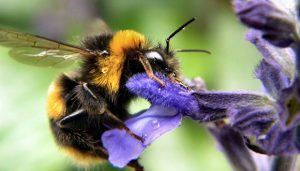
News @en
Ozone affects plants, insects and microorganisms, and poses a threat to global biodiversity
According to a study co-authored by CREAF-based CSIC researcher Josep Peñuelas and published in Science Advances, increases in ozone in Earth’s atmosphere will be a


